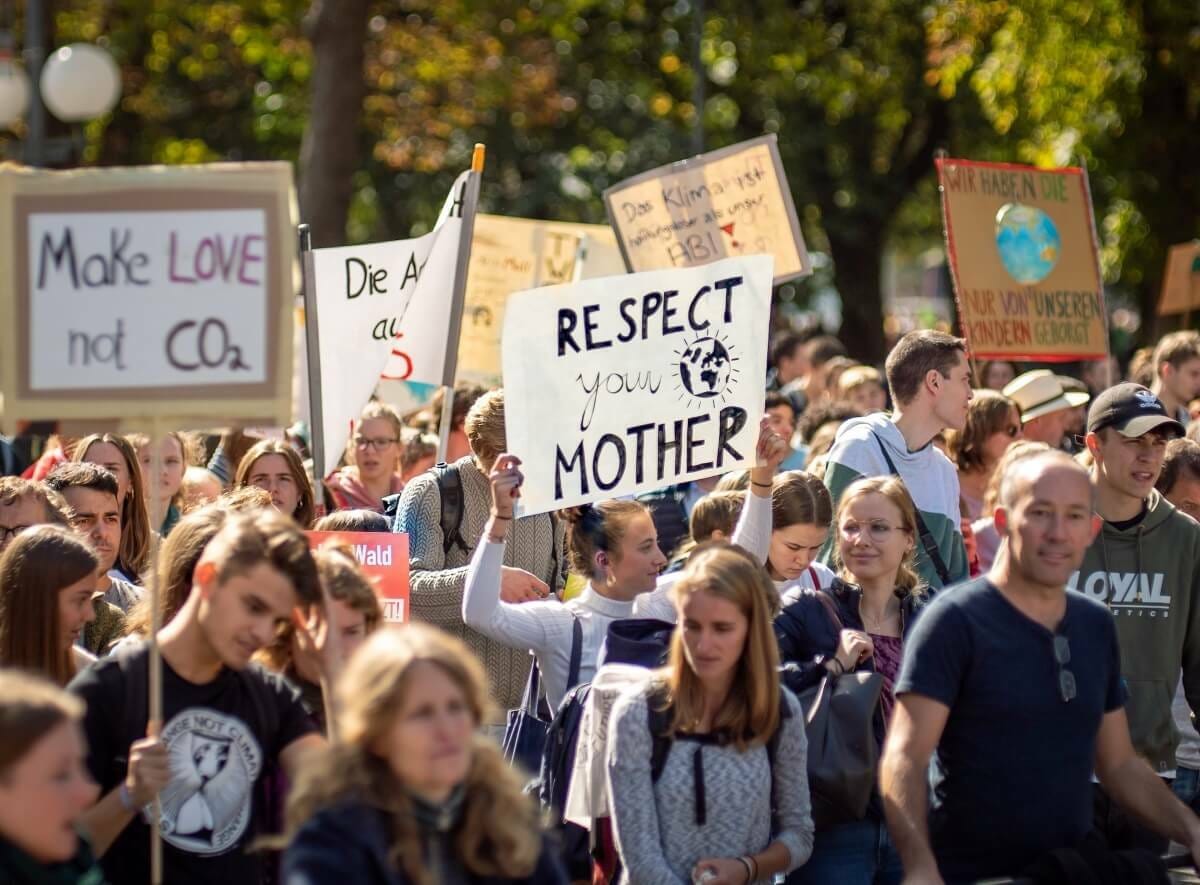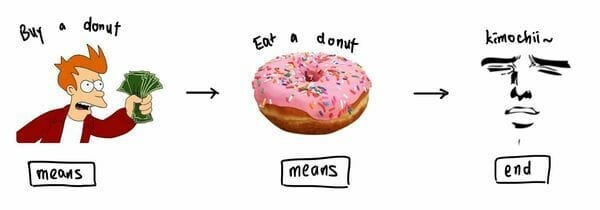Why You Aren't Making Progress
The story of a dream and the failure to work on it.
Last week, I went to a waterfall with my coursemates after having enough *cough* fun *cough* with our finals.
We played. We chatted. We laughed at people who accidentally and smoothly slid into the water (definitely not me). Then, one of us got curious,
What made you choose this course at university?
As chemical (and environmental) engineering students, it wasn’t surprising to see our answers revolving around:
Feeling okay with Math, Physics and Chemistry.
Feeling not okay with the environment.
Looking back, I’m sure it hadn’t been easy for any of us to decide what would be worth our sweat and tears (and sleep) for four years.
Well, here’s my story.
🌱 Standing for what I’m standing on
On an evening in 2019, I decided to read the newspaper *gasp*. It was when I first came across Greta Thunberg, a youth who raised the voice of decades-old environmentalism. Normally, I would’ve gone to bed and forgotten about it entirely, and because
Out of sight, out of mind.
But no. Not this time.
I started reading beyond saying no to plastic straws. As time went on, I realized that ignorance isn’t always bliss.
Barely a year ago, the Intergovernmental Panel on Climate Change (IPCC) revealed the first instalment of its sixth assessment report. Here are some highlights👇
All countries are affected.
Undeniable human involvement.
No turning back for some changes.
The 1.5°C target in the Paris Agreement is most likely impossible.
Never have I thought we could be the reason for our slowly fading future. It felt as if everything from graduating with a first-class honor to waking up today seems to be falling apart.
At times, I anxiously wondered,
How could we sleep well at night knowing this?
But, sometimes, I was fueled by the same anxiety to act. One was an internship at a research center for carbon dioxide capture and utilization. The other was picking up rubbish around the neighborhood (as a part of a club project) and making vlogs(?) about it.
Whatever it is, the hope is to contribute to accelerating our transition into a sustainable future, as an individual and a part of the scientific community.
What a wonderful dream. Isn’t it?
Well…
🪞 Dream vs reality
While I did something, I doubt I’ve done enough to the scale of solving plastic pollution or stuff like that.
Incidentally, after my first taste of freedom, I fell into the vicious pursuit of the pleasures that came with it. Needless to say, things like climate anxiety and doing something about it were hidden behind the shelf.
Again,
Out of sight, out of mind.
Still, I wondered why.
In late 2019, the entrepreneur Jan Wong gave a talk at my college. His way of thinking resonated with me greatly that, after it ended, I slid into his DMs and asked,
What if you wanted something but kept on wasting time not acting on it?
Here’s the first answer he gave 👇
😶🌫️ “It probably doesn’t mean much to you”
If that goal does not make you hungry and you’re not starving, it’s not big enough. Because if it is, it should scare you away from distractions.
—Jan Wong
Whether you want a CGPA of 4.0 or financial freedom, you have a goal. But still, you find yourself making very little progress since Day One.
Why?
Think about the concept of “means” and “end”.
Studying hard (means) to get good grades (end) is nice. But, good grades are meaningless if you can’t really tell why you want them.
Working hard (means) to build a better world (end) sounds great. But, think about koalas.
More than 60,000 of them were killed or injured by the 2019-2020 bushfires in Australia. Upset? Great. But, it’s really easy to just double-tap to like, then swipe up to continue browsing your IG news feed. A better world hardly means much unless you’re deeply affected by the world as it is now.
Consider this,
When a goal means very little to you, it’s hard to not give in to temptations, even if that goal is a great one.
Hence, perhaps it’s a good idea to find the why that means much to you personally — one that’s enough to scare you from distractions and attract you to do something.
It could be the excitement about a better future, the pleasure of freely traveling around the world, or having an Oreo cheesecake.
You decide.
🙅 “There is no consequence in not achieving it”
Imagine being bankrupt and thrown out of the streets — will you be more hungry to pursue that goal?
—Jan Wong
That’s reasonable. If a goal costs you something big when not done, the pain of working on it feels better than the pain of regret.
But, if you think about it, not fixing climate change and building a sustainable future have severe consequences. Then, why? Why is it still hard to make progress? Why is it still easier to waste time?
Imagine a burning house.
If the house is yours, you’ll definitely feel the urgent need to save it. But, for most of us, the fire is still quite far away from where we are. There’s still enough tomorrow to put it out.
So, to improve what Jan said,
There is no immediate consequence in not achieving it.
➡️ What’s next?
I still want to contribute to building a sustainable world, but
The goal doesn’t mean much to me yet.
There is no immediate consequence in not achieving it.
What shall I do, then, to make solid progress?
Check out Part Two👇
—Thomas
P.S.
It’s easy to talk about the bad things that will happen if climate change isn’t fixed. But, people tend to run away from negativity.
Remember?
Out of sight, out of mind.
This video by Kurzgesagt — In a Nutshell focuses on the current situation and how our efforts are going. It takes you off the trap of hopelessness and apathy that nothing else could be done.
After all, as he said,
If we want the world to change, we first need to believe that change is possible.






